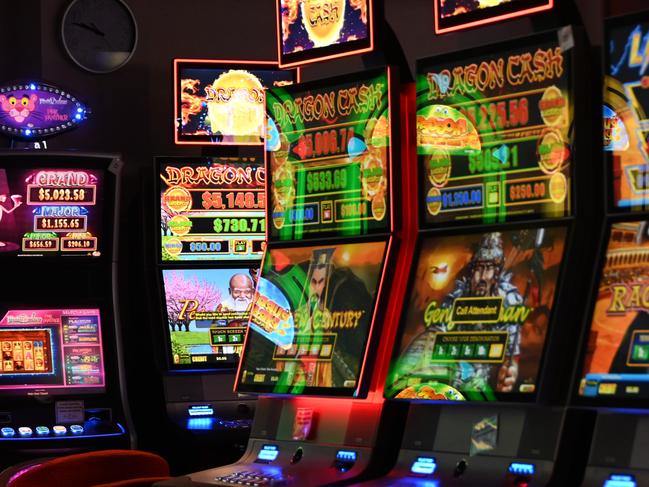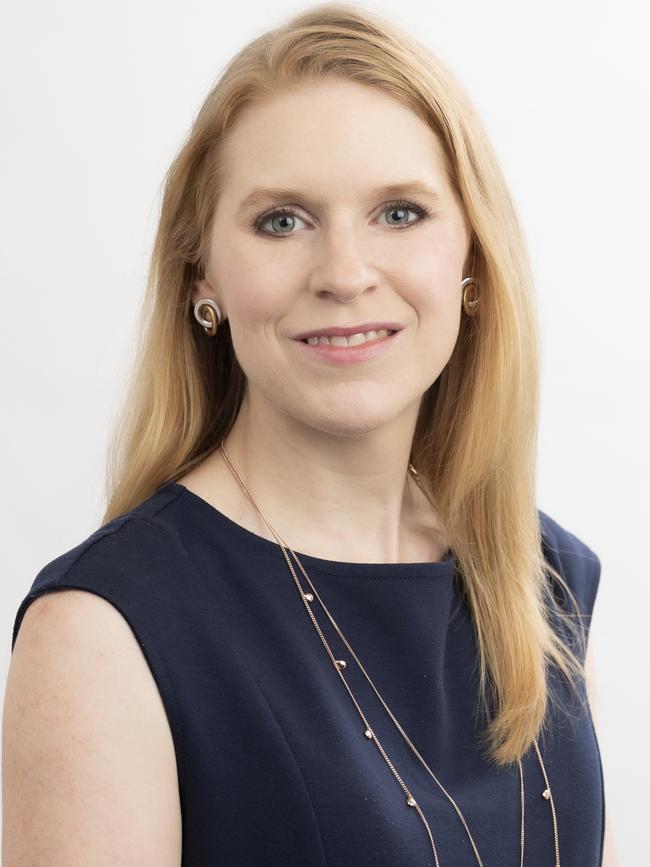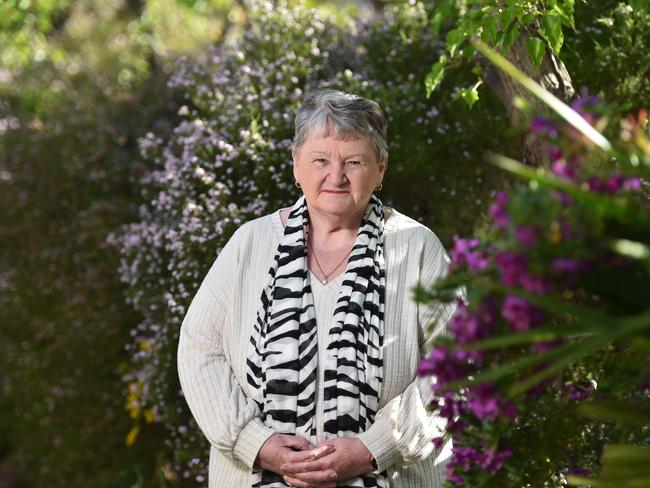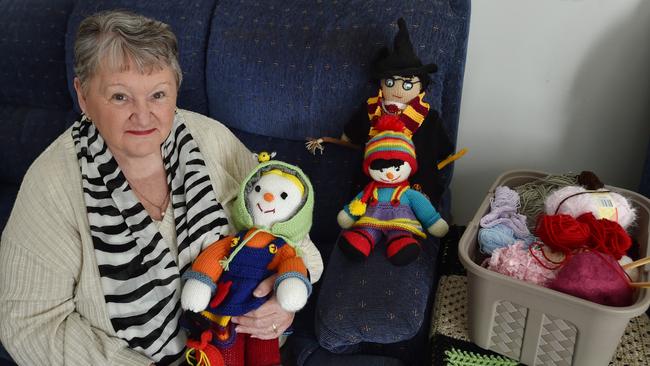Data reveals Victoria’s 10 pokies hot spots and where the most money is lost
Victorians are losing more than $250,000 an hour as the state’s worst pokies hot spots can be revealed. Search our interactive table to find your suburb.
News
Don't miss out on the headlines from News. Followed categories will be added to My News.
Punters are losing more than $6 million a day on poker machines in Victorian pubs and clubs – an average of more than $250,000 an hour.
While the largest loss was recorded in Brimbank, Horsham is Victoria’s slots hot spot, with roughly one gaming machine for every 134 people, according to Victorian Gambling and Casino Control Commission.
Victorian hotels and clubs recorded a net gambling revenue – money played minus prizes won – of $2,237,203,905 through electronic gaming machines in the year to June 30, 2022.
While a worryingly large amount, this is the lowest figure recorded since reporting began in 2002, excluding years with Covid lockdowns.
Last financial year was also significantly impacted by Covid lockdowns.

Additional money was lost on casino poker machines, but this is not included in the data as casinos report revenue in a different way.
The largest hotel and club pokies losses were in the local government areas (LGAs) of Brimbank ($128.4 million) and Casey ($114.7 million).
Meanwhile, Horsham LGA had the highest concentration of pokies, with a population of 20,429 given access to 153 machines – one for every 134 residents.
It was followed by Swan Hill (one machine for every 135 people), Central Goldfields (one for every 136), Benalla (one for every 138) and Wellington (one for every 144).
University of Sydney Gambling Treatment and Research Clinic director Sally Gainsbury said people continued to gamble during tough financial periods such as high inflation even though it seemed counterintuitive.
“Gambling is very accessible and the idea of a jackpot can be increasingly alluring to people in situations of financial distress,” the psychology professor said.
“When you’re experiencing anxiety or distress and other mental health issues, gambling is often a maladaptive coping mechanism.”

A Victorian Responsible Gambling Foundation (VRGF) spokesman said the density of pokies venues in some communities across Victoria was a “concern”.
“Especially as they are frequently located in disproportionately higher numbers in disadvantaged areas,” the spokesman said.
“Research shows that people who live closer to gambling venues are more likely to gamble and more likely to experience financial hardship and mental health problems, than those who live further away.”
If former problem gambler Carolyn Crawford had it her way, she would dump all of Victoria’s “insidious” poker machines in the middle of Port Phillip Bay and blow them up.
“And I might even pay for the dynamite,” she said.
Ms Crawford, 70, told the Sunday Herald Sun that over seven years she stole $400,000 from her employer to feed her gambling addiction.
“Every single cent went down the pokies and I have nothing to show for it,” she said.
The small wins “felt good” but Ms Crawford never scored a big win.
“The poker machines trick your brain into believing you’re gonna be that big winner.”
The 70-year-old was never a gambling woman but she developed romantic feelings for a man who enjoyed going to the pokies in his free time.
“Every time he asked me to go … I’d go,” she said.
“Then it got to the stage where I didn’t have to be with him to go, I would just have to go.
“I live in Frankston and I used to work near Burwood and I knew every single (gaming venue) between there and home.”

But in 2016, she was caught and jailed for 18 months.
“I am now recovered,” she said.
“I got the help I needed in prison and I’m a far better person than what I was.”
If blowing up the all of Victoria’s poker machines was not a possibility, Ms Crawford said facial recognition technology was a “fabulous idea” but added that the person monitoring the system must be trained in how to handle someone with an addiction.
Now, having paid all the money back to her former employer, Ms Crawford speaks about her experience to help problem gamblers.
She does this through organisations like the Alliance for Gambling Reform and ReSPIN, a free service funded by the Victorian Responsible Gambling Foundation.
“It’s hard to talk about but the reason I do is so nobody else ends up where I did,” she said.
“I’m not proud of what I did. But I am proud of where I am now.”

The VRGF spokesman said facial recognition technology could be used by pokies venues to detect customers who do not comply with existing exclusion programs and to then offer them additional support.
“This would be useful in larger venues where customers, including those experiencing harm, are less likely to be known to staff,” he said.
In South Australia, venues authorised to operate 30 or more gaming machines must have approved facial recognition technology installed to identify barred patrons.
A Victorian government spokeswoman said venues have to comply with “strengthened harm minimisation requirements”, with venue operators now having a duty of care to take “all reasonable steps to prevent and minimise harm from the operation of gaming machines”.
“We established the Victorian Gambling and Casino Control Commission to … have oversight of all gambling and gaming activities within Victoria from pubs and clubs through to the casino,” the spokeswoman said.
“An investment of $153 million over four years has also been provided to the VRGF in 2019.
“This is the largest investment to tackle gambling related harm in Australia’s history.”
Anybody negatively affected by gambling can contact Gambler’s Help for free and confidential online, phone and face-to-face services. Call 1800 858 858 (24/7) or visit gamblershelp.com.au.
TOP 10 LOSING LGAs
Money lost on hotel and club poker machines in the year to June 2022.
(LGAs with fewer than three venues have been amalgamated with larger LGAs)
Brimbank: $128,396,442
Casey: $114,664,060
Greater Geelong / Queenscliffe: $105,501,925
Whittlesea / Nillumbik: $104,910,002
Hume: $104,550,447
Greater Dandenong: $102,478,691
Wyndham: $87,520,356
Monash: $84,931,442
Mornington Peninsula: $67,412,975
Darebin: $63,516,201
TOP 10 SLOTS HOT SPOTS
Concentration of hotel and club poker machines, by LGA.
Excludes small LGAs where data has not been updated within six months.
Horsham: 134
Swan Hill: 135
Central Goldfields: 136
Benalla: 138
Wellington: 144
East Gippsland: 147
Latrobe: 148
Northern Grampians: 149
Warrnambool: 151
Moonee Valley: 163




